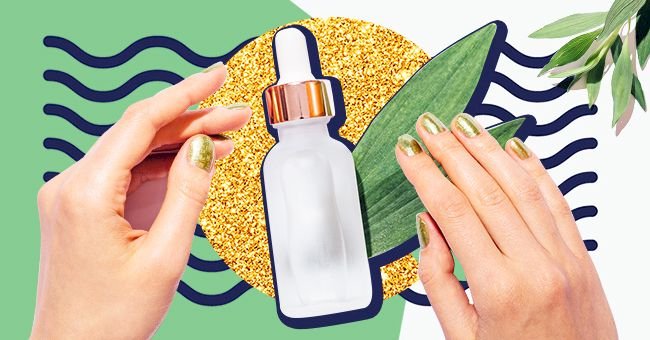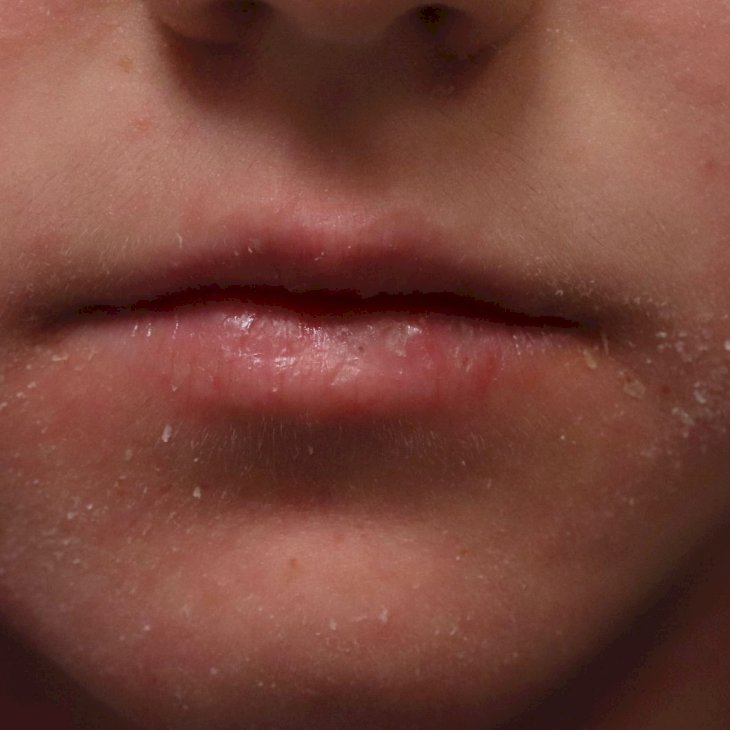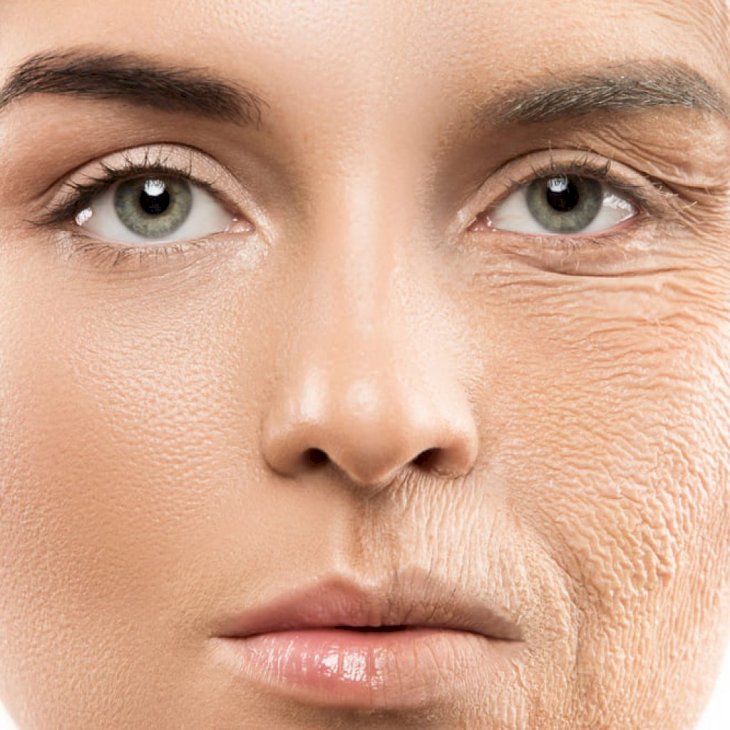
Exploring The Natural Retinol Alternative Bakuchiol
Retinol is one of the most talked-about skincare ingredients on the market. Unfortunately, if you have sensitive skin like me, it can take far too long to build up any kind of tolerance to it.
However, there may be hope for us yet. A new ingredient many are referring to as the natural alternative to retinol has hit the market. Known as bakuchiol, the ingredient is reportedly less irritating but just as potent as retinol.
What is Retinol?

Shutterstock
Retinol is a vitamin A derivative. It can be found in everything from moisturizers and eye creams to hydrating toners.
"Topical retinol is perhaps the best-studied ingredient we have on the market to help stimulate collagen, strengthen the skin foundation, and minimize the appearance of lines and wrinkles,"
explains Joshua Zeichner, director of cosmetic and clinical research in dermatology at Mount Sinai Hospital in New York City, to Allure.
The Cons of Retinol For Sensitive Skin

Shutterstock
Unfortunately, as beneficial as retinol is to the skin, the powerful vitamin A derivative is very reactive. This makes it extremely tricky to use on sensitive skin.
Until recently, those who wanted to include retinol into their routine had to struggle through red, dry, irritated skin until their skin built up a sufficient tolerance to the ingredient. Even then, users needed to apply thick layers of moisturizer to protect their skin.
What Is Bakuchiol?
But all hope is not lost. A mysterious new hero has risen from the wild. Bakuchiol is a plant extract that offers similar skin benefits to retinol but without the harsh side effects.
Derived from the psoralea corylifolia or "babchi" plant, it appears to be a strong antioxidant and antiinflammatory. The plant itself was already popular in traditional Ayurvedic medicine.
"Bakuchiol has been shown to have antioxidant and anti-inflammatory properties, as well as antibacterial properties,"
says Sejal Shah, a board-certified dermatologist in New York City.
Bakuchiol v.s. Retinol
"Bakuchiol functions similar to a retinol, increasing cell turnover thereby stimulating collagen production and diminishing signs of aging such as fine lines, wrinkles, skin laxity, and overall photodamage,"
revealed Shah to Allure.
Aside from its powerful antioxidant and anti-inflammatory properties, it also shows antibacterial properties. A recent study in the British Journal of Dermatology revealed that bakuchiol works as well as retinol in addressing signs of aging.
It also found that bakuchiol was less irritating than retinol. One of the biggest bonuses is that the new ingredient is also a vegan alternative to retinol derived from animal sources.
How To Use Bakuchiol
Adding the ingredient to your skincare routine is relatively easy. It can be applied in a similar manner to any topical retinoid.
"As these products help repair the skin and stimulate collagen, I typically recommend using them in the evening before bed in the form of a serum or night cream,"
says Joshua Zeichner, director of cosmetic and clinical research in dermatology at Mount Sinai Hospital in New York City.
Benefits of Bakuchiol

Shutterstock
Bakuchiol goes far beyond one's expectation. The ingredient is extremely potent and promises to:
- Even out skin tone
- Reduce the appearance of fine lines
- Not cause dryness or irritation
- Speed up skin cell regeneration
- allow you to use it twice a day
- Suit all skin types
- soothe and heal the skin
Side Effects of Bakuchiol
Currently, there are "no known studies that reflect any unwanted or negative side effects." However, this could be because it is new on the market.
While it has the "potential to be safe in pregnancy and breastfeeding," the lack of information around side effects makes it risky to use. Dr. Rachel Nazarian, a Board-Certified Dermatologist, recommends waiting for more studies to come out to ensure the safety of the ingredient while pregnant or breastfeeding.